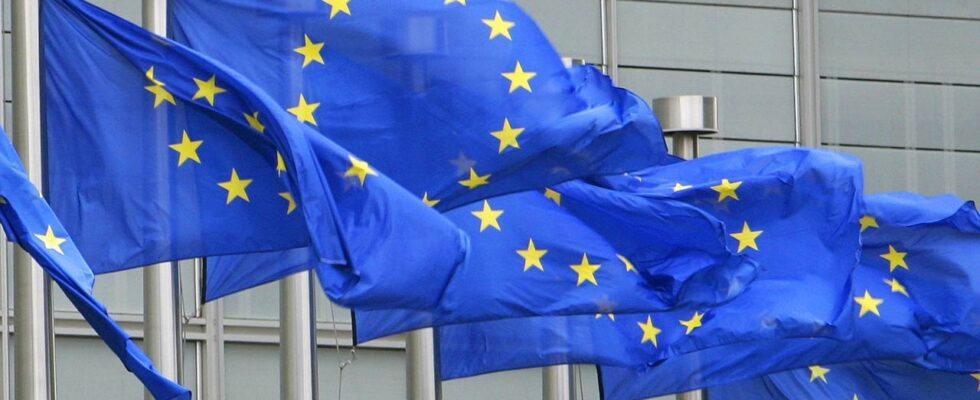After tough negotiations, MEPs and Member States agreed on this key text of the “Green Deal” which sets a target of reducing the total volume of waste by 5% by 2030 (compared to 2018). packaging in the EU, then 10% in 2035 and 15% by 2040.
Above all, all packaging in the EU must be recyclable from 2030 and effectively recycled “at scale” by 2035, so as to encourage the development of a circular economy, according to a parliamentary press release.
No more single-use plastic containers in catering by 2030
This agreement must now be formally confirmed by the Twenty-Seven and the European Parliament in plenary before entering into force.
Flagship measure: the ban by January 1, 2030 on single-use plastic containers in catering, for food and drinks consumed on site. Paper and cardboard containers will remain authorized.
Other single-use plastic containers are also banned at the same time: miniature shampoo bottles in the hotel industry, small sauce pods, protective films surrounding suitcases in airports, plastic packaging for unprocessed fruits and vegetables, etc.
Likewise, ultra-light plastic bags will have to disappear, with a few exceptions. Considering that recycling is not enough, the legislation sets binding levels of reuse (possible reuse or refill) of packaging for various sectors (e-commerce, household appliances, drinks, beer, etc.) by 2030.
An intense battle with the lobbying of fast-food giants
The wine sector is exempt, as are micro-enterprises. Above all, exemptions have been made for States which both exceed their recycling objectives by at least 5 percentage points and are considered “on track to achieve their waste prevention targets”, according to a Council press release. of the EU.
Likewise, cardboard or paper packaging is not targeted. Ways to satisfy Italy in particular, which fiercely defended the important recycling system in which it has invested.
Catering was the subject of violent negotiations until the end, under the pressure of intense lobbying from fast-food giants and the paper industry: they praised the “ecological” merits of cardboard packaging, recyclable or from sustainable forests, compared to plastic or reuse — which they say would require using more water and energy.
10% reusable packaging per restaurant
While Brussels initially set targets for reusable packaging for takeaway drinks and food, these binding targets disappear from the final agreement.
Ultimately, restaurants will simply have to “strive” to achieve 10% reusable packaging, but will on the other hand be required to accept containers brought by customers.
Finally, the legislation prohibits from 2026 the intentional addition of omnipresent polyfluoroalkyl compounds (PFAS, “eternal pollutants”) to food packaging, for example in pizza boxes, despite scientists’ warnings about their harmful effects.
